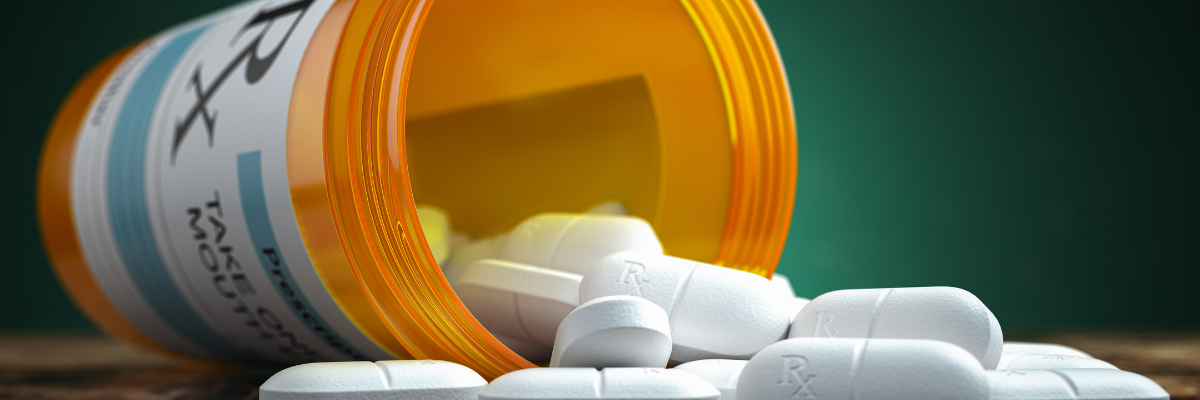Colorado Household Medication and Sharps Takeback program

Overview
CDPHE coordinates the Medication and Sharps Takeback Program, which aims to increase proper diversion of household medications and sharps (needles). The program consists of household medication collection receptacles (kiosks) at participating law enforcement agencies, pharmacies, and clinics across Colorado. The sharps or needles takeback program aims to reduce improper needle disposal in public places through collection kiosks located primarily along the Front Range.
Medication Takeback Guide
Find a CDPHE Medication Disposal Kiosk
What goes in the kiosk?
Medication Disposal: What’s acceptable & what is not acceptable
Resources
- State of Colorado Medication and Sharps Takeback Regulations: Learn more about the State regulation in detail for household medication and sharps takeback.
- Drug Enforcement Agency: Drug Disposal Information: Learn how to dispose of drugs and medications safely.
- TakeMedsSeriously: This page is another great resource when thinking about disposing your household medications.
- Safe Need Disposal: Learn how to dispose of your sharps/needles safely in Colorado.
- Environmental Protection Agency Household Medication Disposal: Check out the Environmental Protection Agency’s resources on safely disposing of medication.
- Food & Drug Administration Drug Disposal: Check out the Food & Drug Administration's guidance on drug disposal.
- Drug Enforcement Administration Diversion Control Division: Year-Round Drop-Off Locations for Medications — Find a drop-off location for medications in Colorado and around the United States by utilizing the Drug Enforcement Administration’s search tool.
- Drug Enforcement National Takeback Day
- Colorado Consortium for Prescription Drug Abuse Prevention: The Colorado Consortium for Prescription Drug Abuse Prevention coordinates the state’s response to the crisis of misuse of prescription medications such as opioids (including fentanyl), stimulants, and sedatives.